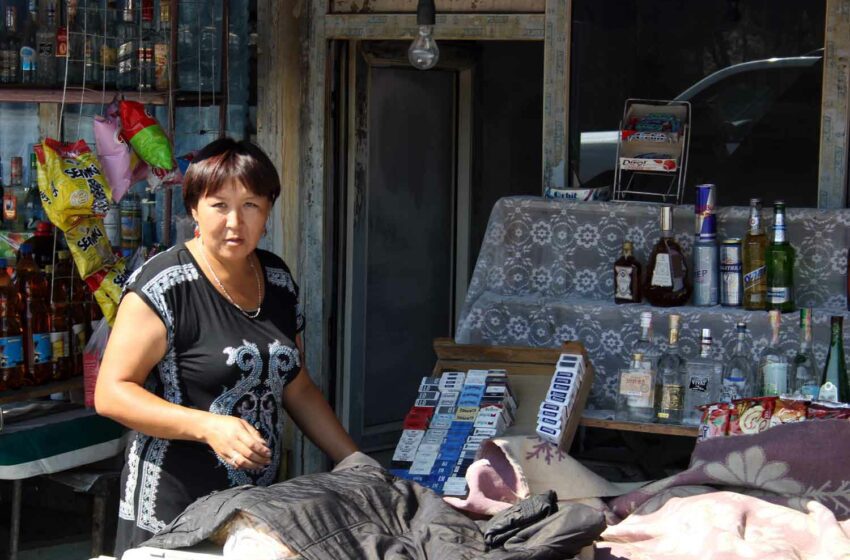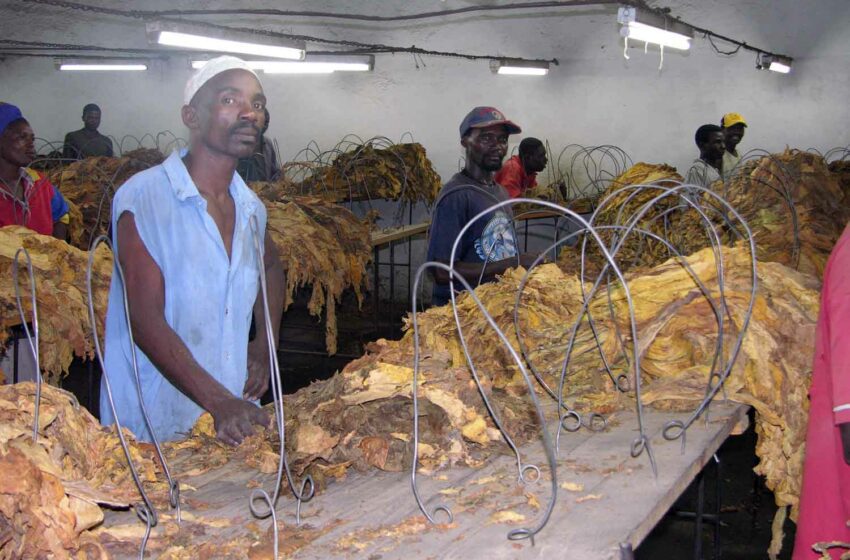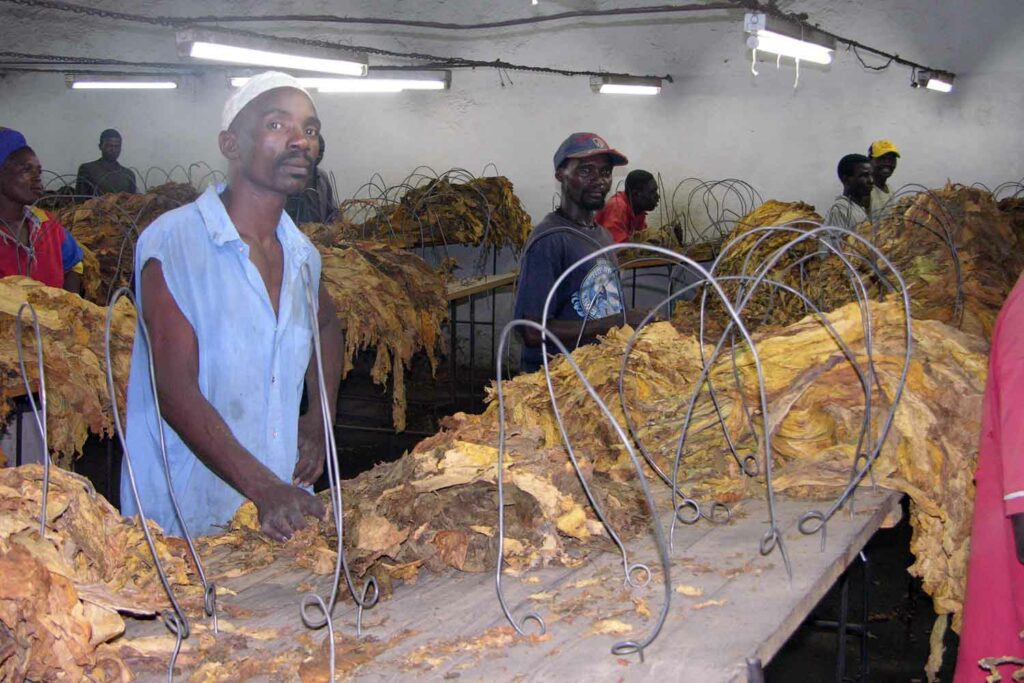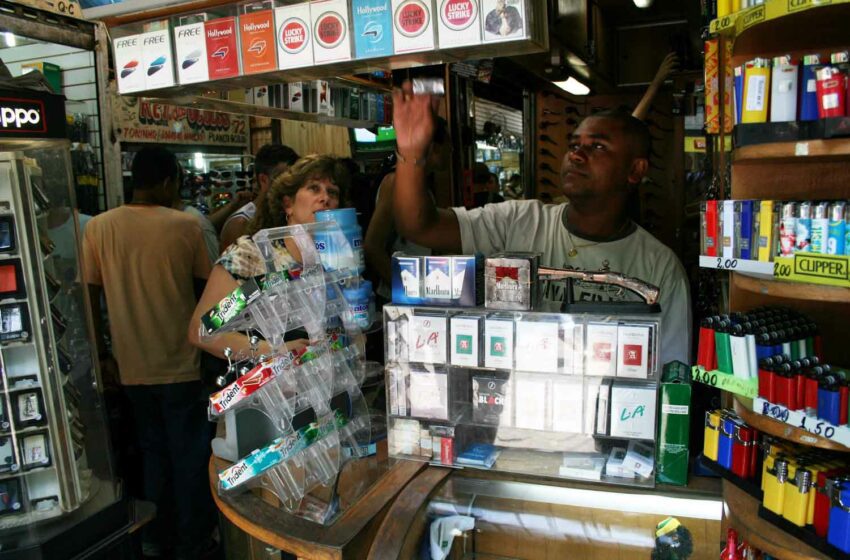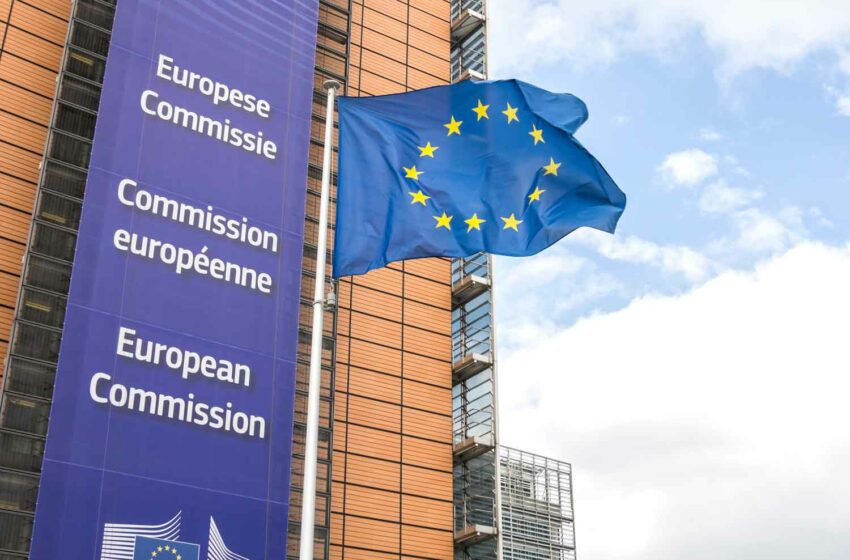Consumer advocates spoke out against what they describe as the U.S. Food and Drug Administration’s “alarming neglect” in facilitating access to safer nicotine alternatives for millions of adult consumers during a House Oversight hearing today.
“Despite the bipartisan mandate of the Tobacco Control Act of 2009, the FDA’s performance has fallen short of expectations, leaving countless individuals without viable options to effectively transition away from combustible cigarettes,” the Consumer Choice Center wrote in a press note.
“With over 26 million premarket tobacco product applications (PMTA) languishing in bureaucratic limbo, the FDA has only authorized fewer than 50 granted to just a handful of firms, completely disregarding the 180-day review deadline set imposed by Congress,” said Consumer Choice Center U.S. Policy Analyst Elizabeth Hicks.
“Less than 10 unique devices are available on the regulated marketplace, all of which come from industry incumbents, not to mention the growing categories of nicotine alternatives such as heaters, pouches, toothpicks, and more.
“This blatant failure highlights a systemic issue within the agency, where regulatory inertia trumps the urgent need to provide consumers with safer nicotine alternatives such as e-cigarettes which studies have shown to be 95 percent less harmful than combustible cigarettes. As a result, consumers are being pushed towards the illicit market, which does not adhere to regulatory standards, to find their preferred nicotine alternative products,” said Hicks.
“Consumers are deeply troubled by the FDA’s abject failure to fulfill its obligations under the Tobacco Control Act. It is imperative that the FDA swiftly rectify this situation by implementing a transparent and expedited regulatory pathway that prioritizes access to scientifically validated, less harmful nicotine products,” she concluded.
The Consumer Choice Center’s concern was echoed by Philip Morris International, which in an e-mailed statement expressed the hope that the hearing would spur the FDA into action to fully embrace the tobacco harm reduction principles enshrined in the Tobacco Control Act.
“Today’s House Oversight hearing put a bright spotlight on the fact that the agency is failing to help millions of adult smokers access smoke-free options that are better alternatives to combustible cigarettes,” the company wrote. “More than 26 million premarket tobacco product applications have been submitted to the FDA for review, but the agency has authorized fewer than 50 of those applications, and none within the 180-day deadline set by Congress.
“FDA’s goal to strike ‘an appropriate balance between regulation and encouraging development of innovative tobacco products that may be less dangerous than cigarettes’ is far from the reality of its actions. To assist adult smokers’ transition away from cigarettes, the FDA must develop a fair, efficient and effective regulatory pathway to bring scientifically validated, less harmful products to market with the appropriate safeguards to ensure they do not appeal to youth.”








